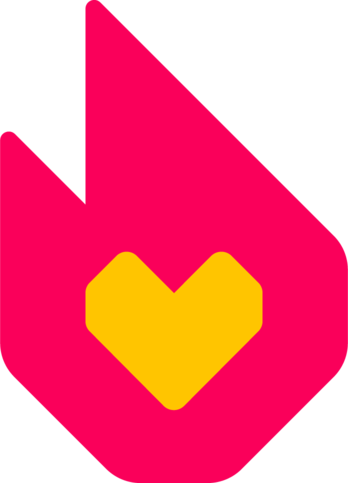Collaboration on Wikia is all about fans getting together and working on something that they love. It's so much fun; you get to chat, write, and share good times together, and the outcome is the greatest source of fan knowledge on the web.
Of course, any time a group of people come together, different opinions can lead to conflicting ideas about the best way to write content and carry out a wiki's goal. That's why remembering the keys to collaboration is so important.
So what do we mean when we talk about collaboration, and what should you remember when working with your communities?
Collaboration is a Core Wikia Value
We have five core company values at Wikia: Balance, Collaboration, Community, Heart, and Trust. We'll talk about all of those more in depth in future blog posts, but for now I want to focus in on Collaboration.
Whether you're in a business setting like ours or you're editing on a wiki, collaboration is all about multiple people working together towards a shared goal. For all of us, that goal is the same: creating the best fan resource we possibly can. We all brainstorm together, and we believe that everyone has something important to contribute. Sharing, after all, is part of this collaborative process. It's all about teamwork.
Communication is vital to teamwork. That involves not only speaking to one another, but also actively listening to one another. You can't go into a conversation of ideas believing that you're 100% right and that nothing can ever change your mind. There's no one in the world who knows everything. There's always something we can learn from other people, and what we learn can change our minds. Keep yourself open to new ideas. That's one of the easiest ways to prevent conflict.
The Benefits of Collaboration
I said before that collaboration is a core value at Wikia, but why? Why should you collaborate?
- You become stronger. We all have strengths and weaknesses. When people work together, their strengths compliment one another. If everyone does their best, the results are that much better. Relationships are built, weaknesses are learned from, and work becomes more fun.
- You learn from one another. Weaknesses are often just different levels of knowledge, and they can easily be turned into strengths if you work hard at it. By collaborating, you benefit and learn from the knowledge of other people.
- You achieve better results. Combine all of the resources at your community's disposal—talent, knowledge, experience, passion, and more—and your efforts can lead to outstanding results.
- You solve problems. When collaboration is at the center of what you do, disagreements and issues that arise can be solved fast. You'll know how to effectively communicate through disagreements, and listening to the expertise and ideas of other users will help everyone come up with ideas and solutions that you might not have thought of on your own.
What Can I Do With Collaboration?
Now that we have defined collaboration and looked at the benefits of it, here's what you can do by collaborating with your community:
- You can create a supportive environment. When collaboration is at the center of a community, everyone is valued. Mistakes become learning experiences, and that frame of mind is especially important when welcoming new contributors into your community. When everyone is valued equally, decisions are often made together and everyone knows that they are contributing to the success of your project.
- You can identify roles and responsibilities. Working together allows you to see what skills everyone brings to the table. You can learn who is best suited to working on CSS, JS, and other coding that goes into designing and maintaining a wiki. You can figure out who is best at building and maintaining infoboxes. Someone who loves to organize can design and build a wiki's category structure. Of course, perhaps one of the biggest choices of all is who the admins should be. That's when you look for someone who has a good relationship with the community and clear leadership skills. For example, an admin with the friendliest demeanour can lead people in welcoming others into the community, while task-oriented admins can make sure that technical and writing goals are being met.
- You can create strategies for success. Goal-setting can be very important, particularly for wikis that deal with big releases—movies, TV shows, books, and games, just to name a few. Let's say you're writing on a community about a TV show. There's a new episode every week. That's a lot to keep up with! By working together, you can come up with an action plan for how to keep your wiki as updated as possible from one wiki to another. What pages are most important to update? Who is best suited to work on a particular page? Answering questions like that make those frequent updates that much easier.
These are ideas that we put into practice every day at Wikia. How do you practice collaboration on your community? What have been your successes? We'd love for you to share your experiences in the comments!
Click here to follow the Fandom staff blog.
Click here to sign up for the From the Desk of Community email newsletter.
Join our Official Discord server for registered editors!



